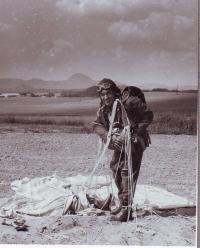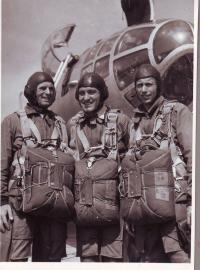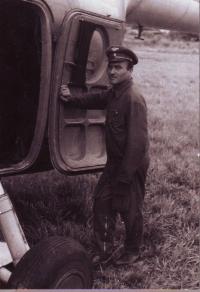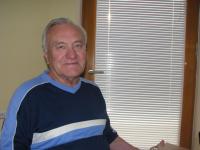“I opened the parachute in the end and I lived on.”
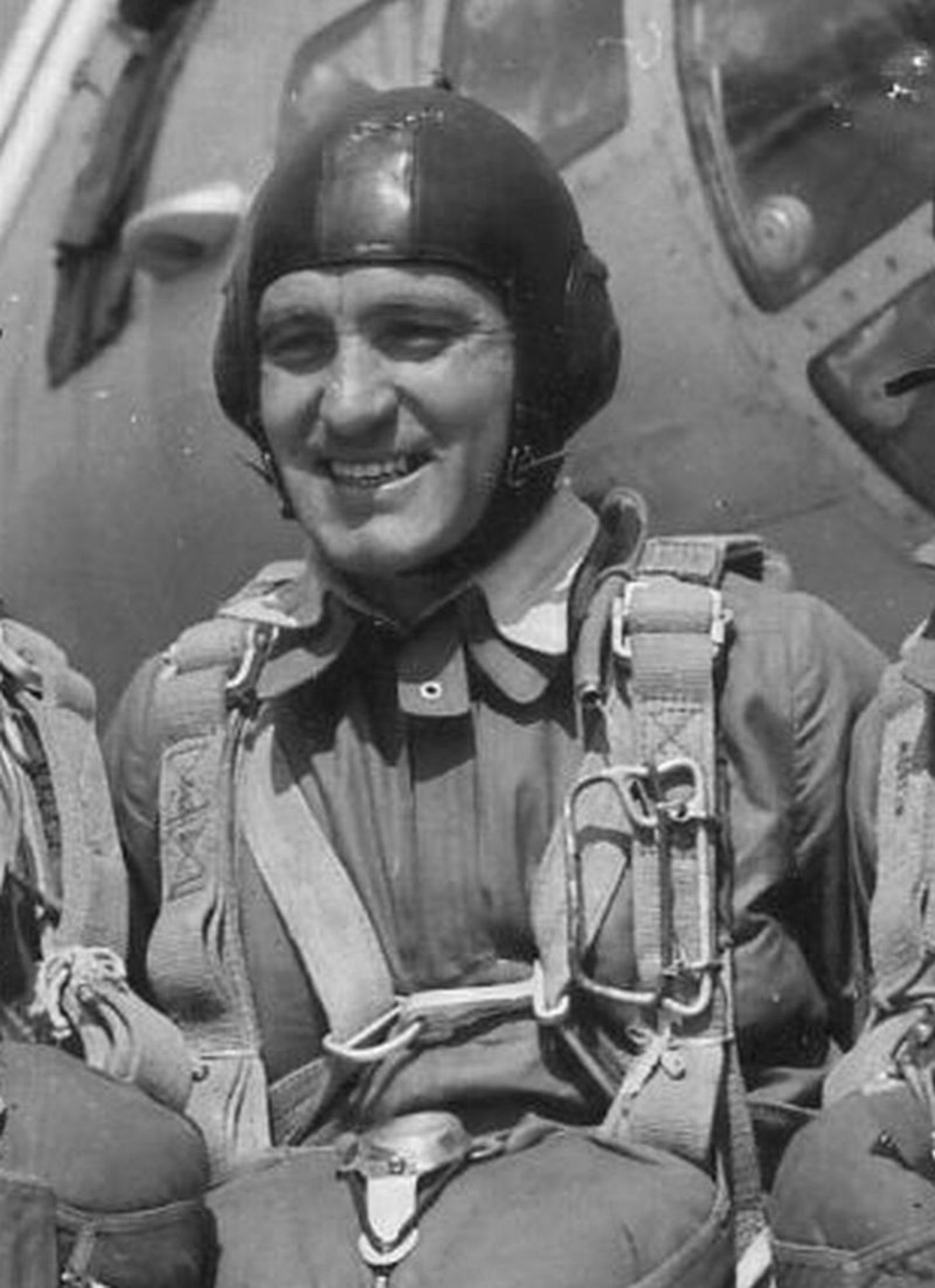
Download image
Ladislav Kovařík was born in Valtice na Moravě into a poor workers’ family on June 14th, 1926. He moved with his parents to Otrokovice in 1938. He finished his primary school attendance there and then he went on to Baťa’s school of work. Almost at the end of the war in autumn 1944, eighteen-year old Ladislav Kovařík and his friend joined Jan Žižka guerrilla brigade that operated in Morava at that time. The leader of the biggest guerrilla brigade in our country was major Dajan Bajanovič Murzin at that time. He took charge of the leadership after the death of Ján Ušiak in November 1944. Ladislav Kovařík was a member of revolutionary guards in Otrokovice during the first May days. After the liberation he went to help the miners in Karviná within the industrial brigade for six months. After that, Ladislav Kovařík went back to Tomáš Baťa’s factory where he worked in the store till 1948. Ladislav joined up the army in the crucial year. He was a member of air division both in Slovakia and Bohemia. He became a paratrooper instructor in the second half of 50s and he gained the rank of a colonel in 1966. The Prague Spring, but the August invasion of the Warsaw Pact Army in the first place caught him in the air division in Čáslav. Ladislav Kovařík became a victim of large purges in the Czechoslovak People’s Army. The purges started after the occupation in 1968 and affected thousands of soldiers. A year after his dismissal from the Army and his exclusion from the KSČ (the Communist Party of Czechoslovakia) he couldn’t find a job. Only later he started working as a digger in a drilling company. He retired in 1981 and lived in Kutná Hora. Ladislav Kovařík became a member of the county rehabilitation committee after the November coup d’état. During their two-year existence they judged cases of persecuted soldiers including for example Tomáš Sedláček or František Fajtl. He was promoted to colonel in retirement in 1990.
